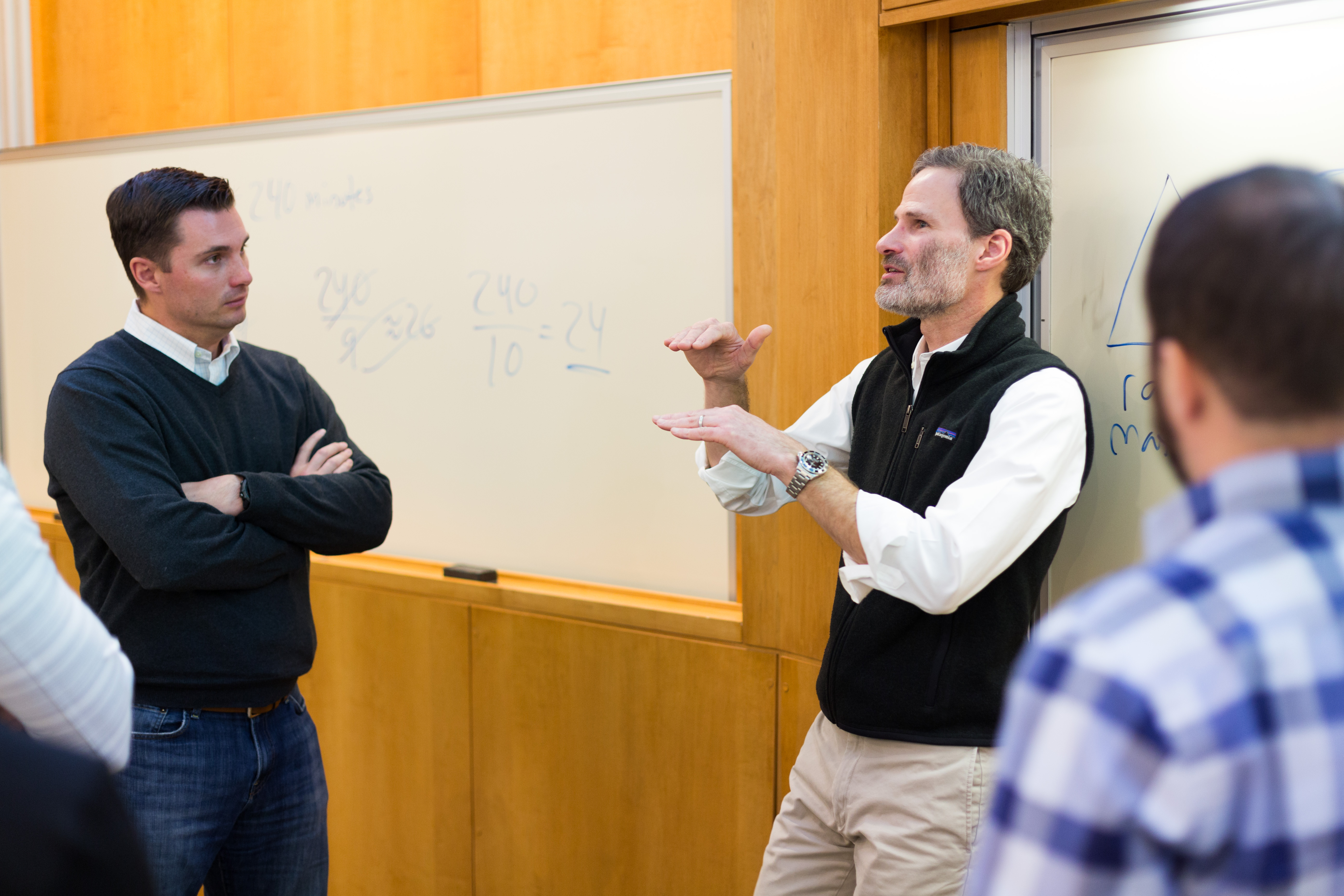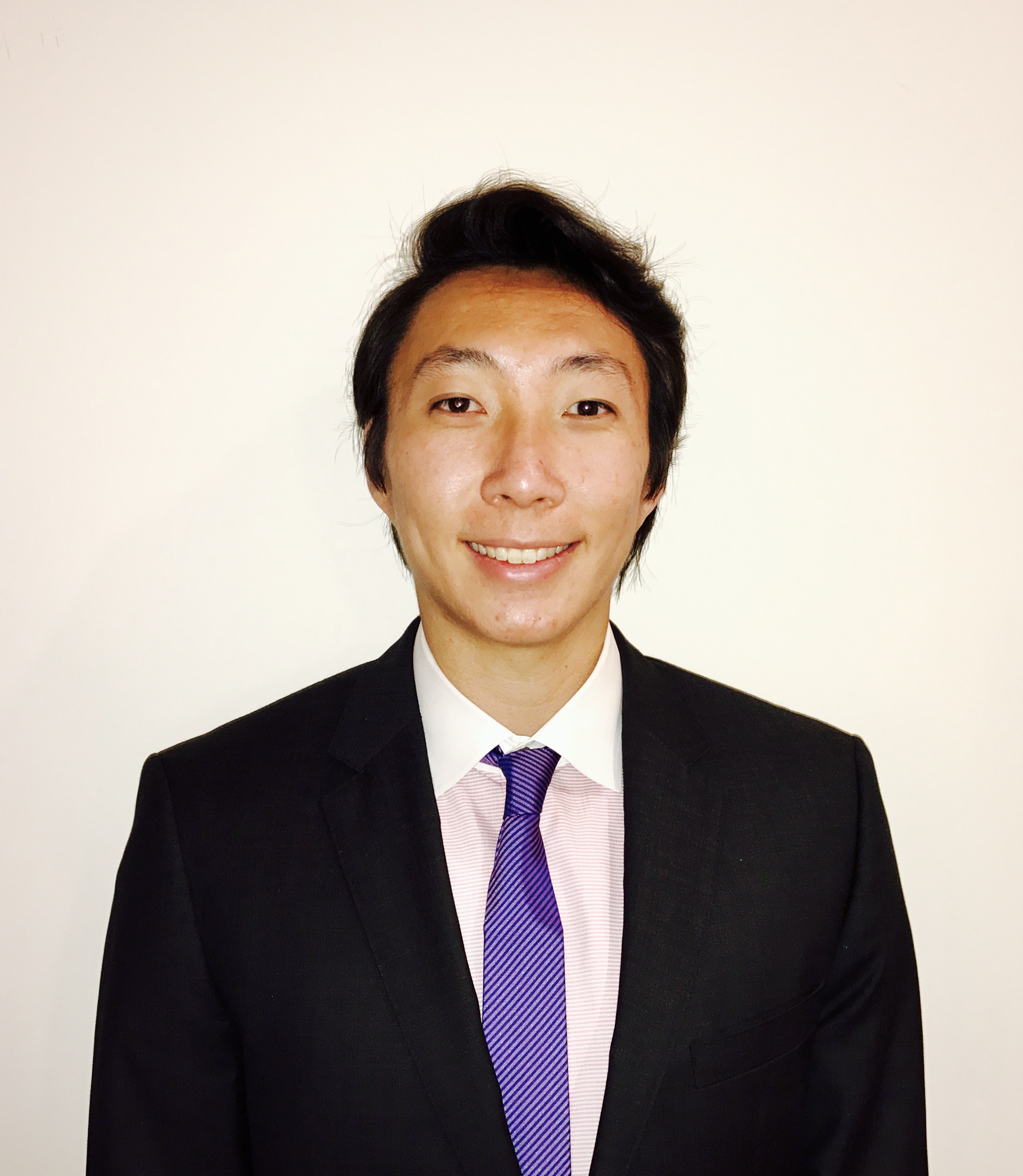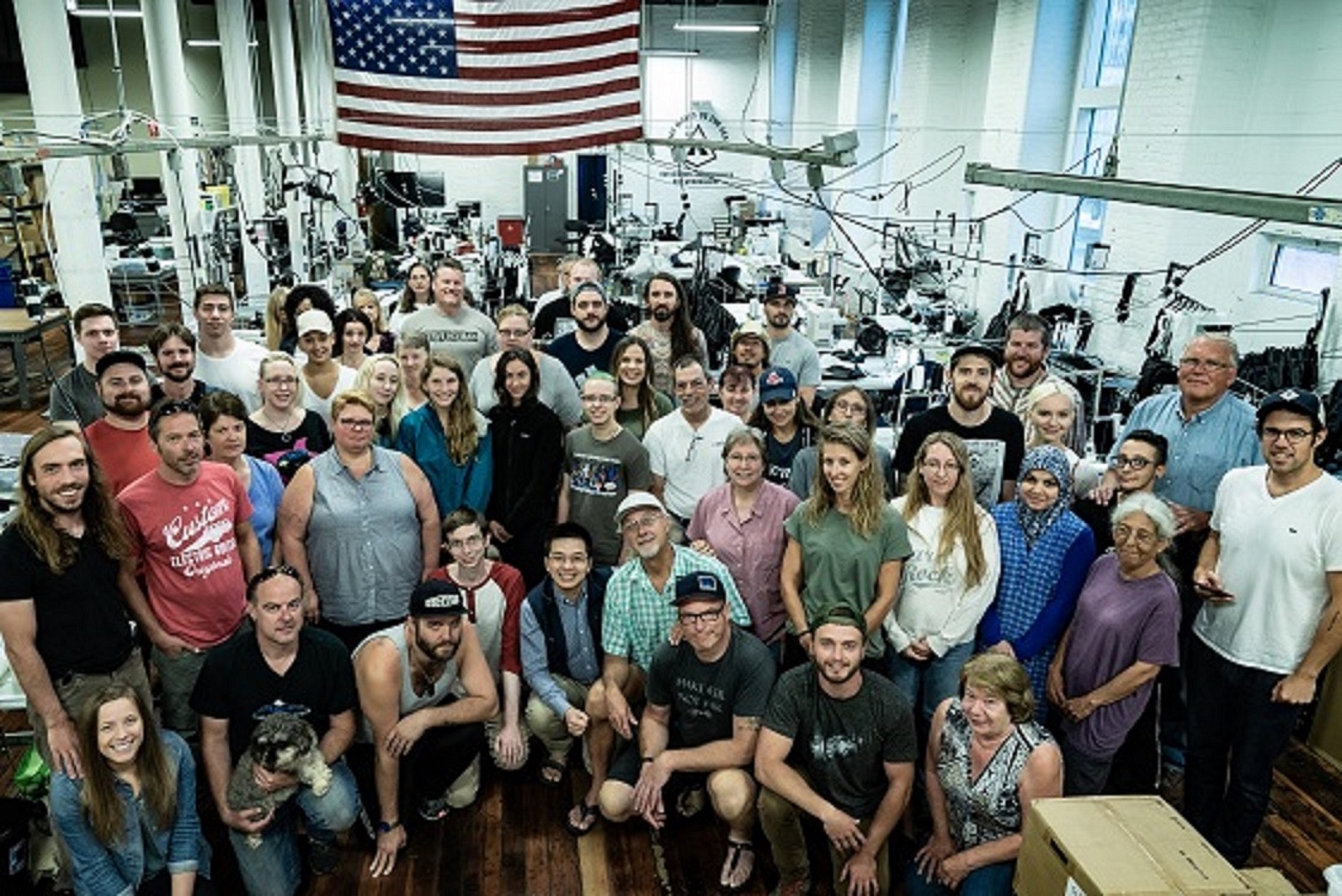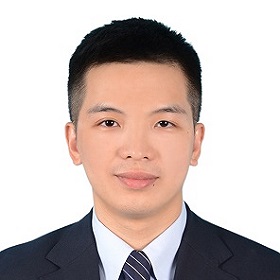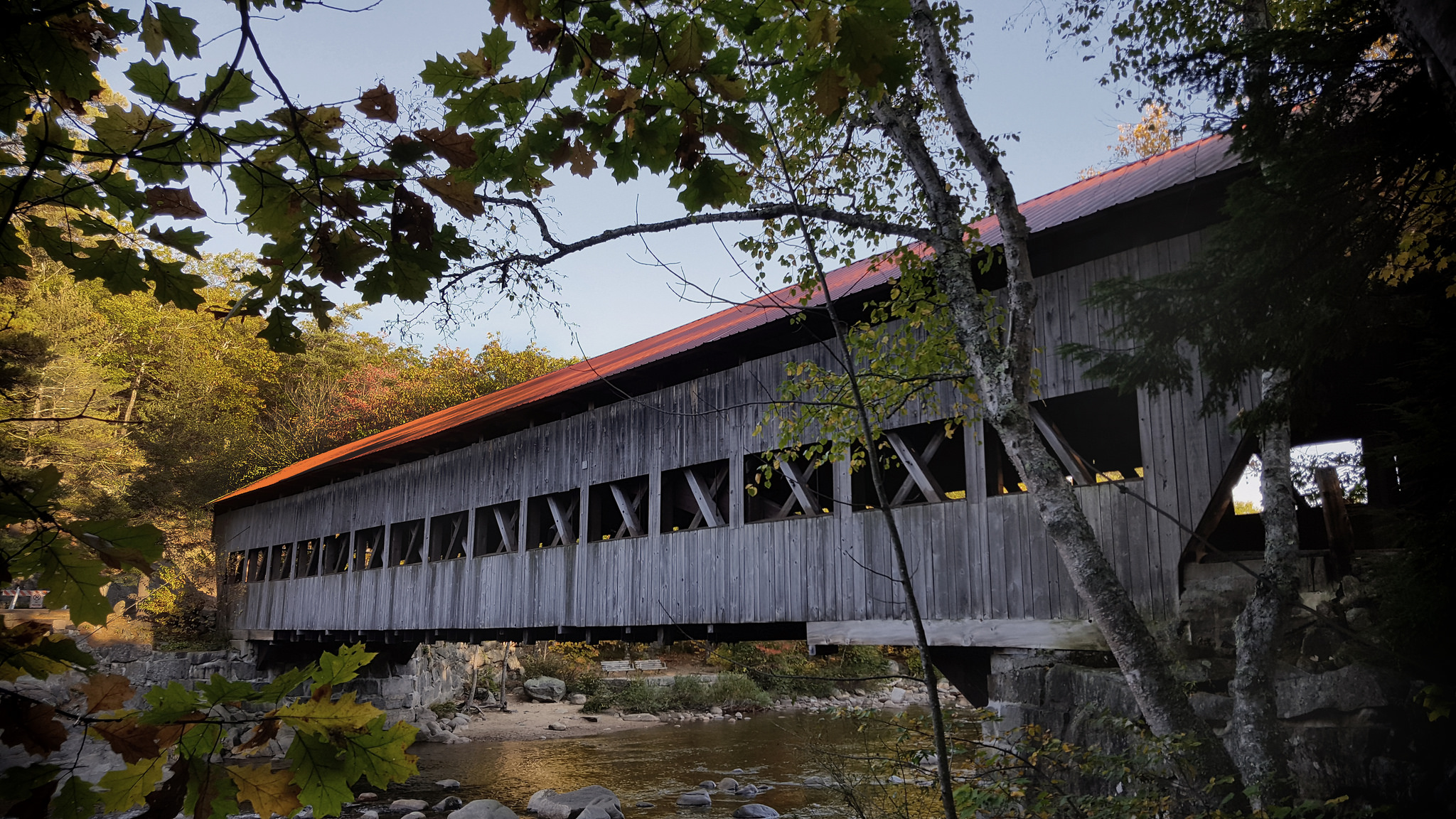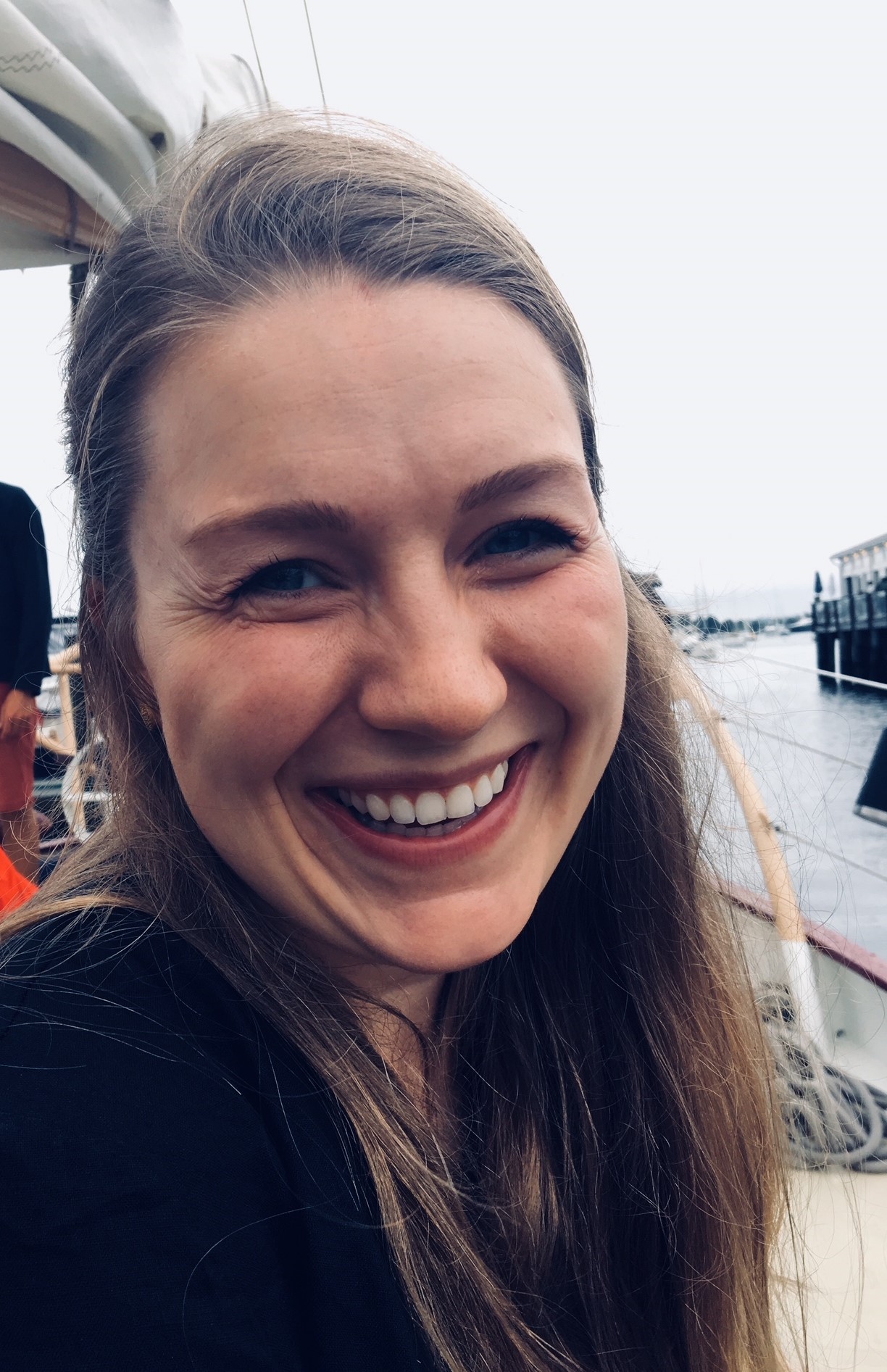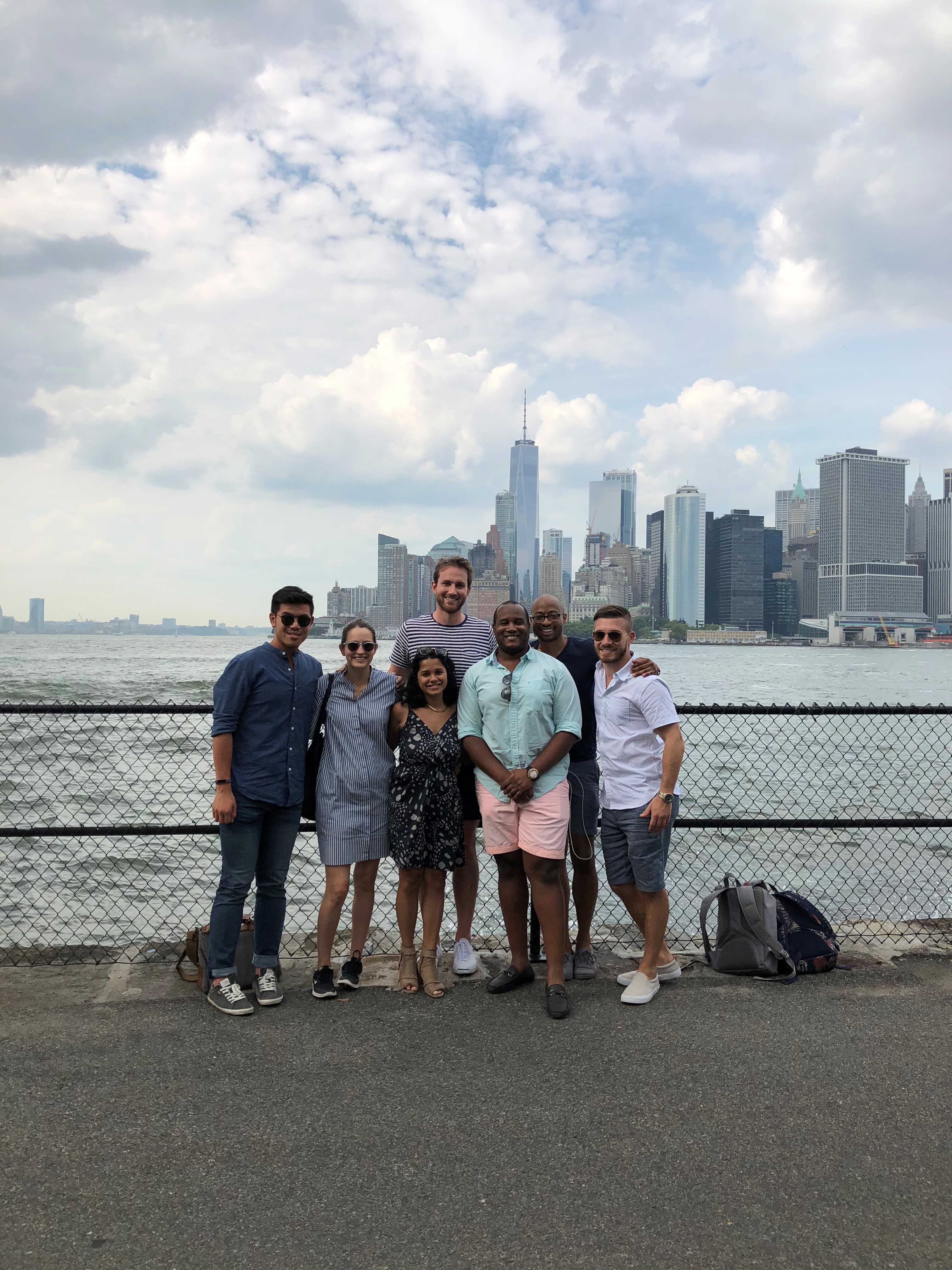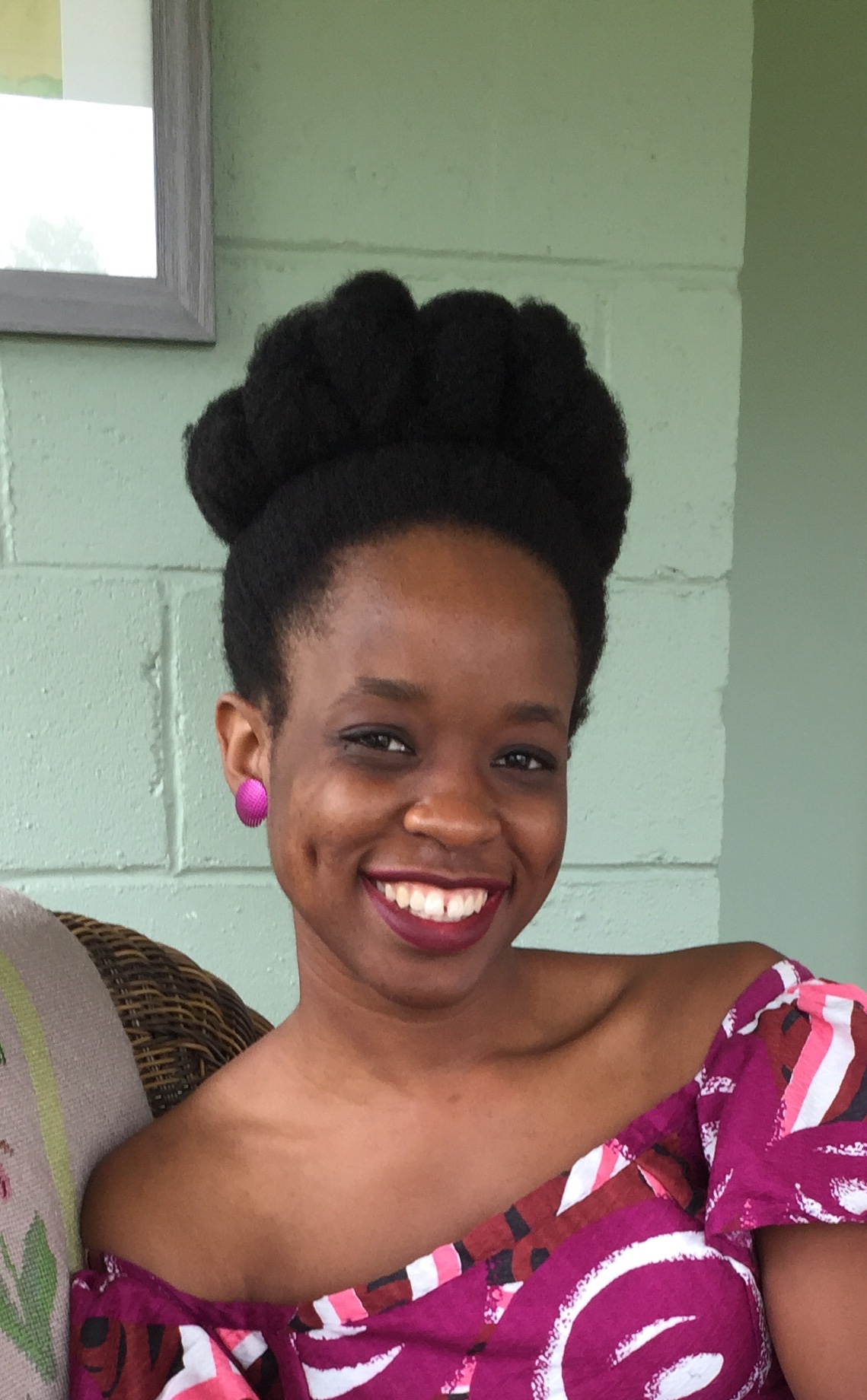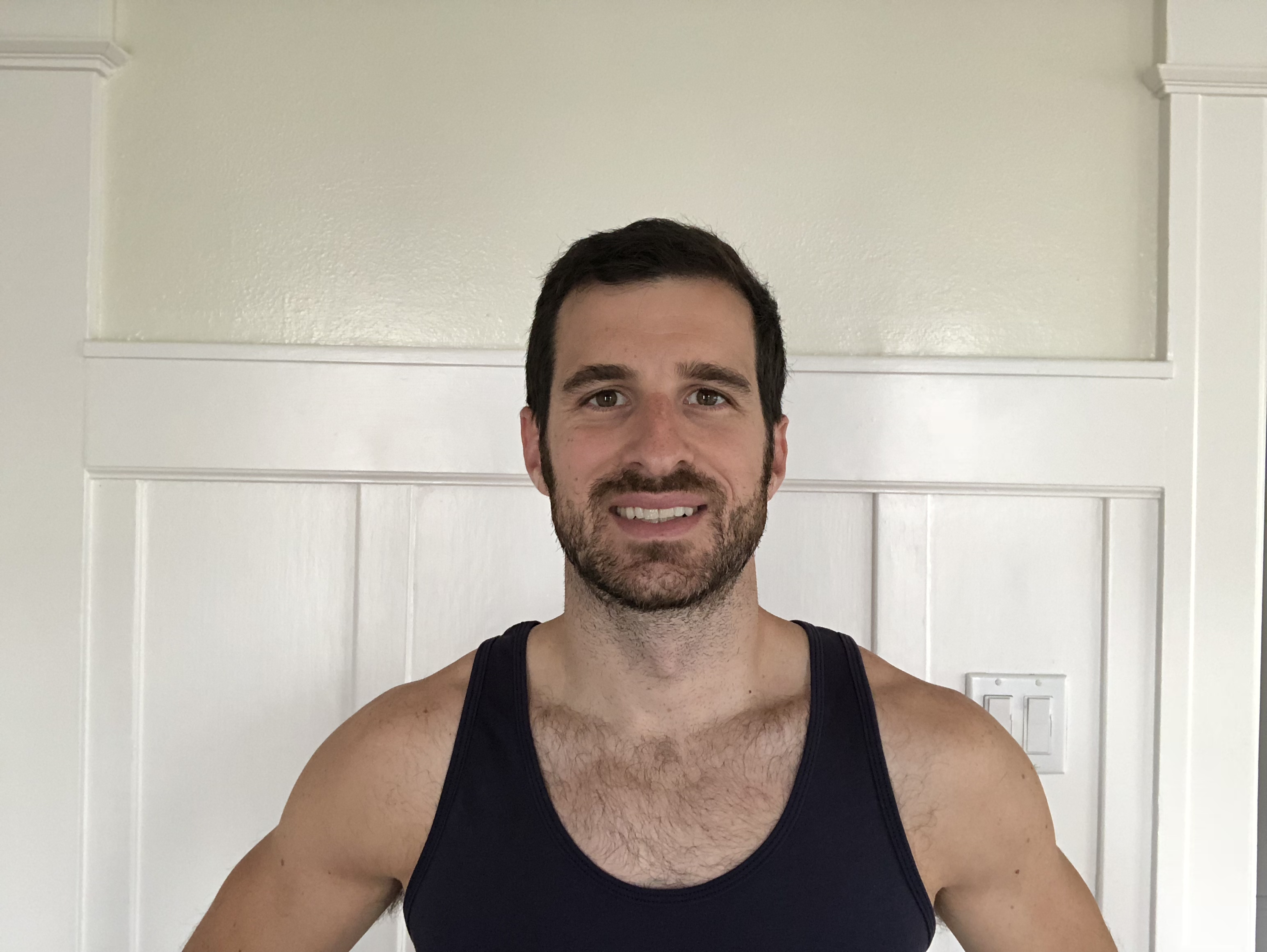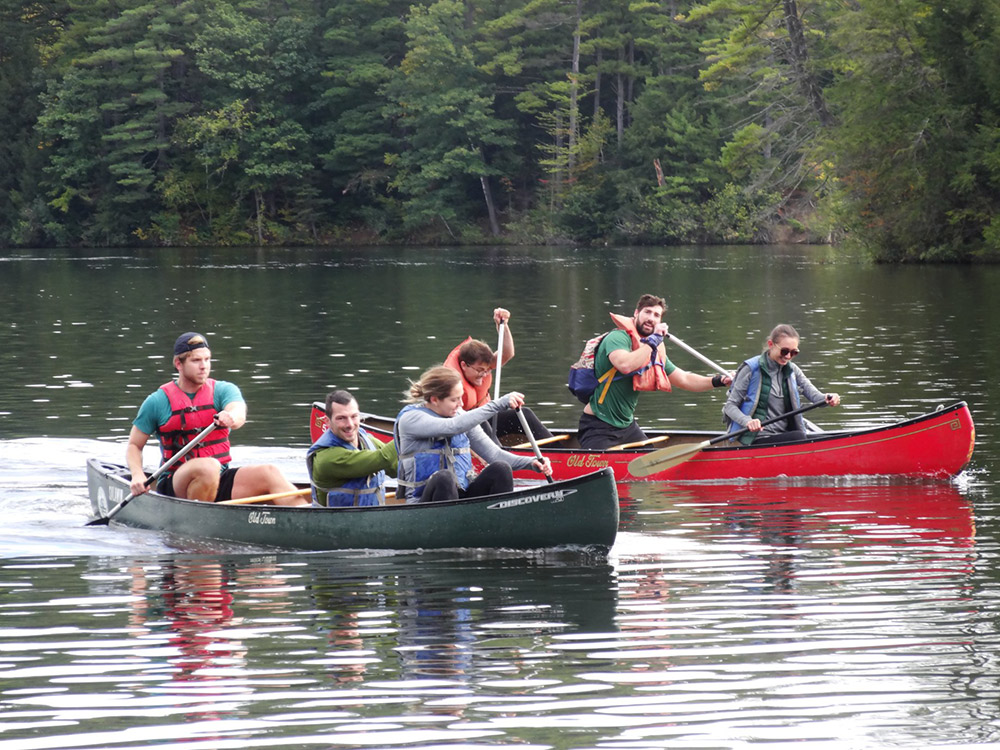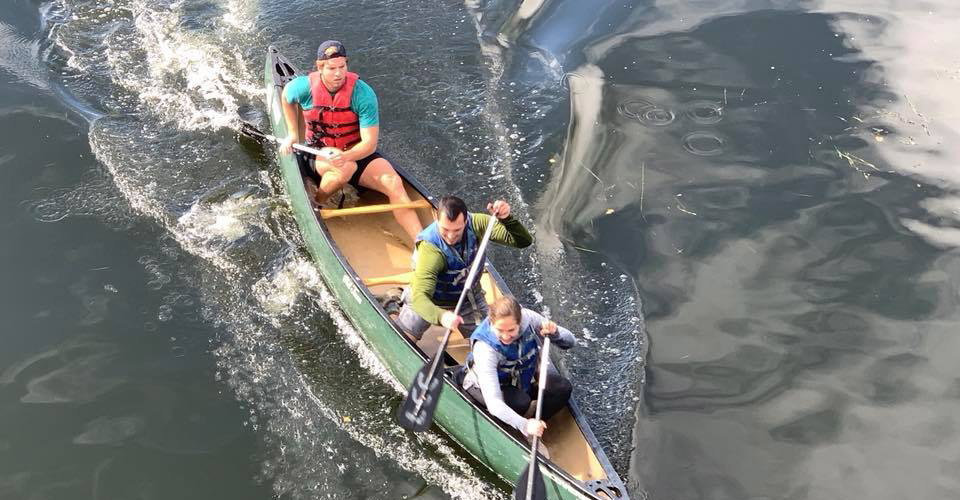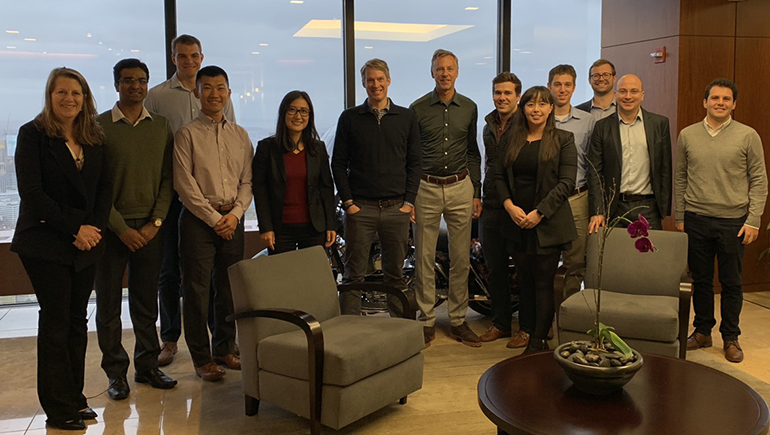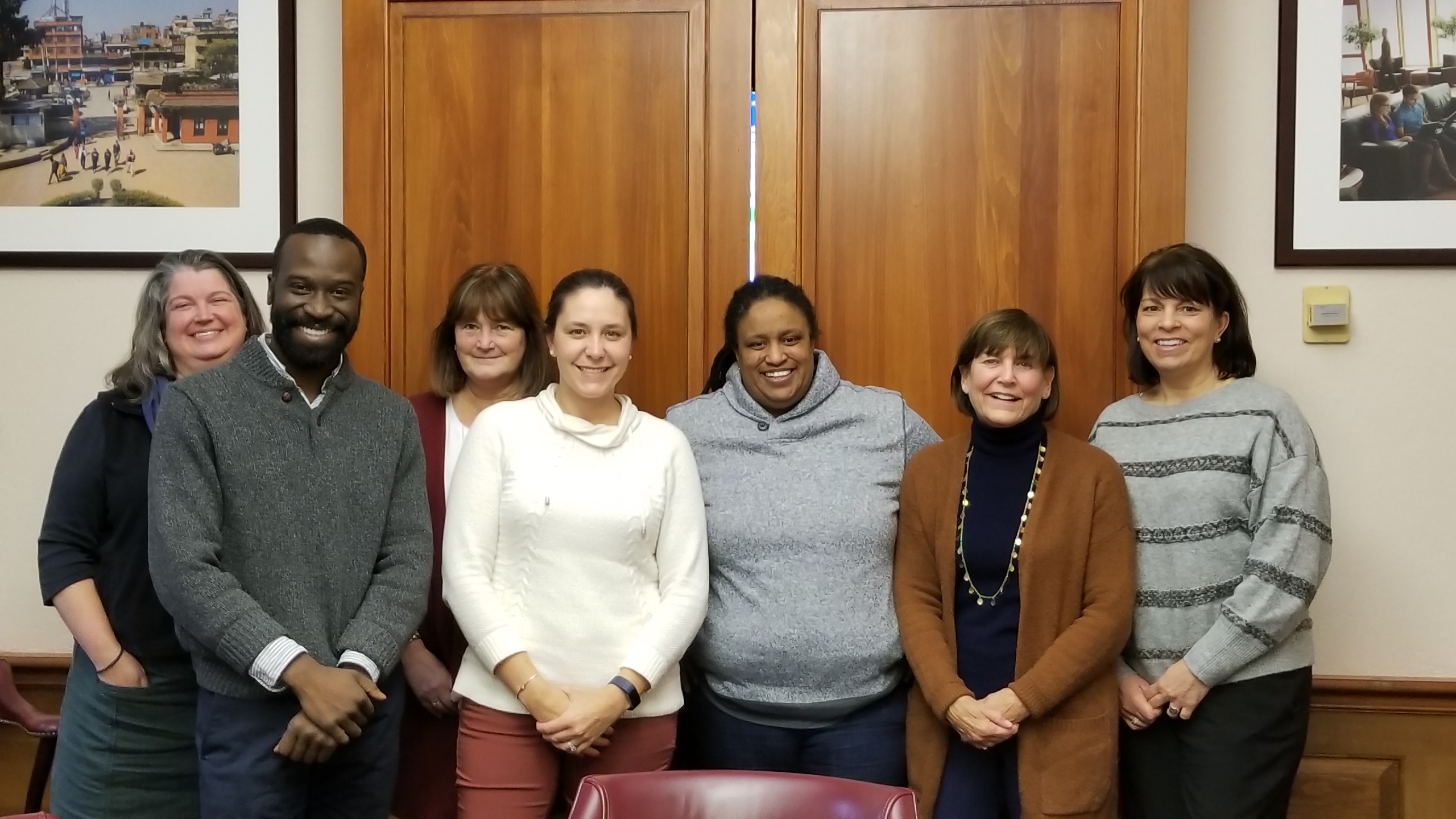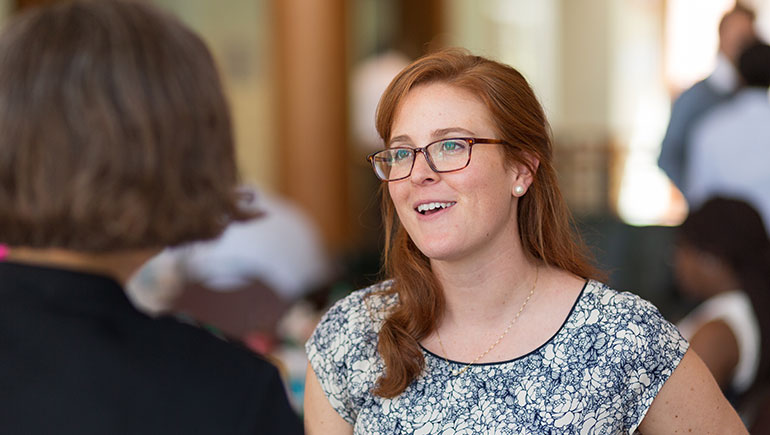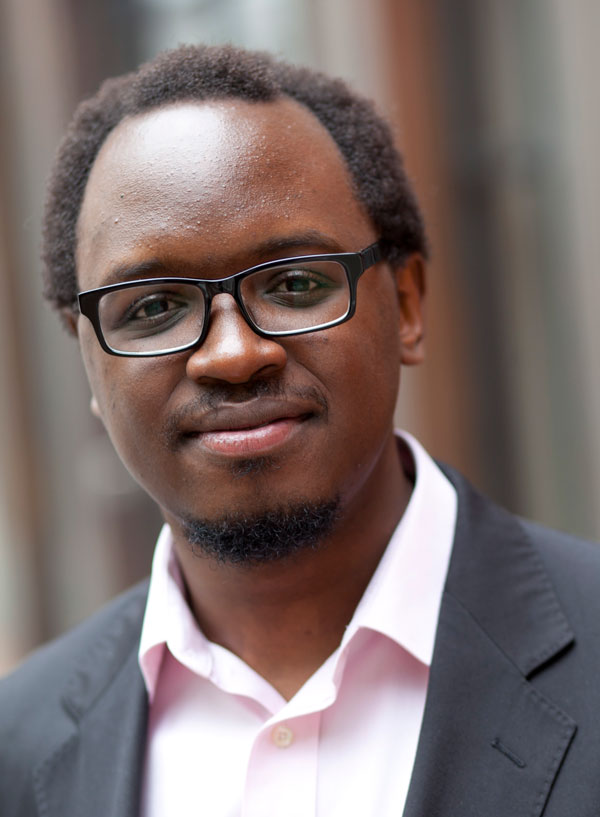Events & Promotions
|
|

GMAT Club Daily Prep
Thank you for using the timer - this advanced tool can estimate your performance and suggest more practice questions. We have subscribed you to Daily Prep Questions via email.
Customized
for You
Track
Your Progress
Practice
Pays
Not interested in getting valuable practice questions and articles delivered to your email? No problem, unsubscribe here.
- Nov 20
07:30 AM PST
-08:30 AM PST
Learn what truly sets the UC Riverside MBA apart and how it helps in your professional growth - Nov 20
10:00 AM EST
-10:30 AM EST
If you’re applying to Columbia, NYU Stern, or Yale SOM, you need more than strong stats. Each school defines “leadership” differently, and your essays must reflect that. Join Sia Admissions founder, Susan Berishaj on November 20th - Nov 12
01:00 PM EST
-11:59 PM EST
Get expert MBA strategy, instant essay feedback, and personalized advice on your entire application. Join My Admit Coach, the AI-powered MBA admissions platform built on 10K+ successful application docs for HBS, Stanford GSB, MIT and other top programs. - Nov 19
09:00 AM PST
-10:00 AM PST
What’s in it for you- Live Profile Evaluation Chat Session with Jenifer Turtschnow, CEO ARINGO. Come with your details prepared and ARINGO will share insights! Pre-MBA Role/Industry, YOE, Exam Score, C/GPA, ECs Post-MBA Role/ Industry & School List. - Nov 19
10:00 AM EST
-01:00 PM EST
Get expert MBA strategy, instant essay feedback, and personalized advice on your entire application. Join My Admit Coach, the AI-powered MBA admissions platform built on 10K+ successful application docs for HBS, Stanford GSB, MIT and other top programs. - Nov 19
11:00 AM PST
-12:00 PM PST
Round 2 is here — and it’s your chance to make your MBA dream happen! Join GMAT Club’s LIVE discussion with two top experts from The Red Pen, Gunjan Jhunjhunwala and Natasha Mankikar, as we break down everything you need to know - Nov 20
09:00 PM IST
-10:00 PM IST
Join our free expert-led Essay Workshops to discover how to choose impactful stories, highlight your core values, and align your background with each school’s distinct culture, making every word truly count. - Nov 21
08:30 AM EST
-09:15 AM EST
Get the inside scoop on what makes Emory’s Goizueta Business School great, learn how you can present a strong MBA application, and connect with an Admissions Director to get your questions answered. - Nov 21
09:30 PM IST
-10:30 PM IST
Learn how to craft powerful, authentic essays by mastering the 3 “WHYs” every top MBA program looks for: Why MBA, Why Now, and Why This School. - Nov 24
08:00 PM PST
-09:00 PM PST
Inquire for a free profile evaluation and guarantee statement for possible admits and scholarships!
Kudos
Bookmarks
| FROM Tuck Admissions Blog: Get to Know Tuck: 2018 Women in Business Conference |
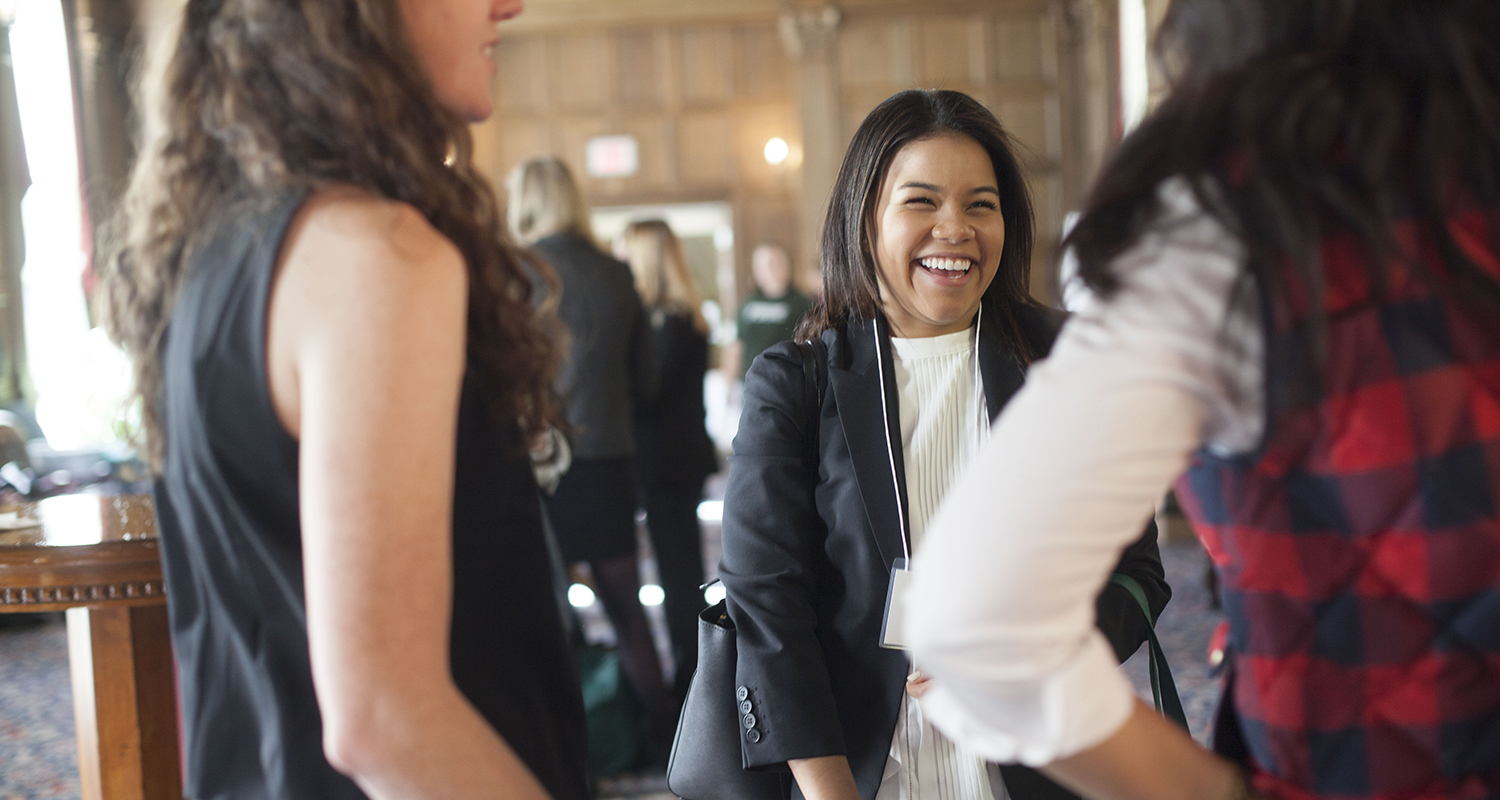 When I was first contemplating going to business school, Tuck’s Women in Business Conference was recommended to me as a way to experience firsthand what an MBA might be like. I applied, signed up to stay in a dorm(!) for a night, and made the drive up Route 89 to Hanover—surrounded by New Hampshire’s turning October leaves—to see for myself what business school could look like for me. What I got out of that weekend was far more than I had expected: conversation and debate with like-minded women, a bit of enlightenment around my career path, plenty of good laughs, and a real understanding of the Tuck community. I left my brief weekend at Tuck in awe of a community that effortlessly embraced dozens of strangers as if they were fellow classmates and friends. The shock I felt after experiencing how genuine and forthcoming an entire organization could be was what cemented in my mind that I needed to go to Tuck—and that I should think seriously about this whole MBA thing. Looking back on that weekend now, and having completed my first year at Tuck, I can say my instincts weren’t awry. Small group dinners were an event at the WIB Conference that I was delighted to hear is a permanent fixture at Tuck: getting together with a handful of randomly selected classmates over a homemade meal. At my WIB small group dinner, I met women from all over the world and from a vast range of industries. Over homemade lasagna and red wine, we swapped ideas—career ambitions, travel plans, what restaurants were musts in each of our respective cities. It was the type of intimate setting generally reserved for dear friends, but the small group dinner made quick friends out of strangers. The professional development I came away with from the Women in Business Conference is another aspect that stuck with me long after the weekend had ended. It was a time to trade anecdotes and best practices that have risen to top of mind many times in the past years. I took these tools for use not just in my next role, but for structuring and driving my overall career. With this in mind, my fellow co-chairs and I have put a focus on professional development for this year’s conference. Rarely do we step away from our everyday jobs to think more broadly about our careers and the way that we chase after those careers. This year’s conference strives to help women as they drive towards their next career success. Breakout sessions will delve into topics such as negotiating, personal branding, and industry briefings. In keeping with Tuck’s values, those sessions will be personal and collaborative to provide attendees tools for future success generated in part by their peers. As a co-chair for this year’s Women in Business Conference, I aim deliver that same welcome that I received a few years back and equip you with tools to carry with you throughout your career. I hope that you’ll join us in October! |
This Blog post was imported into the forum automatically. We hope you found it helpful. Please use the Kudos button if you did, or please PM/DM me if you found it disruptive and I will take care of it.
-BB
Kudos
Bookmarks
| FROM Tuck Admissions Blog: Round 1 Ready: 6 Things for Your Tuck To-Do List |
 Six weeks until Tuck’s Round 1 deadline (September 24) and six things to make sure you’re checking off your list. 1. Learn what our new admissions criteria are all about. Not only are smart, nice, accomplished, and aware descriptors of a Tuck student, they’re also exactly what we’ll be looking for when reading and discussing your applications. You might just want to bookmark this page. 2. Take the GMAT or GRE. Were you disappointed in your GMAT/GRE outcome based on higher practice test scores? Did you score below the average at your target schools? Yes, you can demonstrate to us that you're smart outside of the GMAT/GRE (and you should). But if you answered yes to either of those questions, and have the resources available for a retake, why not give it a shot? If you crushed it the first time arounds, that’s awesome. Now you can turn your focus toward other areas of the application. 3. Get to know us (and all the schools you’re targeting). We’re on the road and hopefully in a location near you. Talk to admissions staff at Tuck Info Sessions, often hosted and attended by Tuck alums. Join us at Forte Forums and Consortium MAPS events. Meet up with Tuck Student Ambassadors for an informal “coffee chat” and hear how they’re thriving at and contributing to Tuck. I also encourage you to join us for an online event, read the Tuck 360: MBA Blog (as you are right now!), and check out student and alumni stories on the website. Get to know Tuck by getting to know our community; whether that’s through Tuck Connections, reaching out to a student leader, or connecting with MBAs in your own network. We’re not going to admit you because you came to enough events, or talked to enough “Tuck people.” We’re also not going to deny you because you didn’t. But engaging with us will likely strengthen your application anyway. Doing so will allow you to better articulate how the Tuck MBA can help you reach your goals and how your individuality will add to the fabric of Tuck. Really getting to know the programs you’re applying to will also help ensure you end up in the place that best challenges and supports you. 4. Watch the webinar, “A Walk through the Tuck Application.” This one is simple. Don’t pass up an opportunity to learn more about Tuck’s application and get further insight from ad com. 5. Talk to your targeted recommenders. Make sure you’re giving them plenty of time so they can write a positive and thoughtful letter of reference. If you’re shooting for Round 1, we’re only about a month and a half from September 24. Now is the time! You can peek at what we’re asking them, here. Surprise: Their questions are focused on smart, nice, accomplished, and aware, too. We also suggest having a (verbal) conversation with your references that will help them understand what you hope to highlight in your application, why you’re pursuing an MBA, and why you’re applying to Tuck. You might even remind them of some recent projects or accomplishments. Put a reminder on your calendar to check in with them as the application deadline approaches. Your application is not complete until we have received both LORs. 6. Plan a time to visit (and interview). One of the best ways to learn about an MBA program and get a feel for the culture, is to visit campus. Tuck allows all applicants (yes, all applicants) to self-initiate an official admissions interview, as long as you’re able to do it on campus, in Hanover. This guarantees the opportunity to tell your story, face-to-face with an admissions rep (great for helping to illustrate qualities like nice and aware). If you’re not able to make it, that’s ok! After an initial review of your application, if we want to learn more, we’ll invite you to interview either on campus or virtually. Even outside of the scheduled visit day (class, lunch, tour, Q&A), just being a part of our community for a few hours is valuable as you complete your application and ultimately, decide which community you want to be a part of for the next two years and the rest of your life as an alum. Interview registration is open and on-campus interviews will begin at the end of August. It’s a first-come, first-served process so don’t procrastinate (or at least be open to a Wednesday visit). As always, we're all about helping you live that stress-free (or at least limited-stress) MBA application life. If you have questions about this list or anything else, feel free to leave a comment or reach out to me directly. Application deadlines, applicant-initiated interview deadlines, and admissions decision release dates, can all be found here. |
This Blog post was imported into the forum automatically. We hope you found it helpful. Please use the Kudos button if you did, or please PM/DM me if you found it disruptive and I will take care of it.
-BB
Kudos
Bookmarks
| FROM Tuck Admissions Blog: Tuck Admissions Insights: Your Application Essays |
 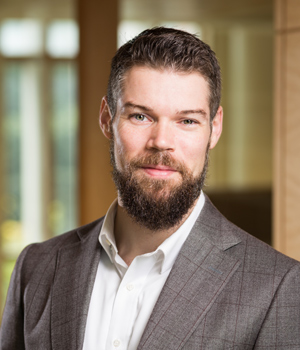 Happy August, friends! Recruitment season is in full swing, and my Admissions colleagues and I are traveling to the corners of the earth to get to know you, and give you the opportunity to get to know Tuck. I’ve spent the last four weeks meeting many of you in Tokyo, Seoul, Shanghai, Beijing, Chicago, New York, Houston, Dallas, and Mexico City, and I look forward to meeting more of you on upcoming trips to Boston, Houston, Chicago, San Francisco, and Los Angeles. Now that our application is live, many of you are asking questions about what we’re looking for in a great Tuck candidate, and where we find it. The simplified and streamlined criteria are generating lots of interest, and we’ve explored them in depth on our website and in this space. The other topic coming up frequently on the road is our essays, and I’d like to share thoughts here on each of the two required essays. There’s lots of advice and guidance for our revised essays popping up all over the web, so I want you to hear insights directly from me on behalf of the team that will evaluate and assess them. Before diving into each, some relevant context: as with every component of your application, both essays map directly to our simplified and streamlined criteria. Both essay prompts open with a framing sentence that articulates the connection to the relevant criterion, followed by the essay question itself. Starting this year, both essay responses will be submitted via text box rather than an uploaded document, which means the 500-word count is now a firm limit. Essay Question #1 Our first essay prompt begins by stating, “Tuck students are aware of how their individuality adds to the fabric of Tuck.” This essay maps to our “aware” criterion, so we encourage you to review what being aware means at Tuck. Beyond awareness, there’s another important cue here: the interplay between individuality and community. We want you to confidently bring your whole personal self, including your strengths and growth areas, to Tuck. We also hope you appreciate how this extraordinary community is a tapestry of the collective individuals therein, and adding to it means choosing to consistently engage rather than stand apart. Then comes the question, which is really a two-part question: “Tell us who you are and what you will contribute.” The first part is your opportunity to articulate your individuality, and we’re excited to read your response. We’ve long been known for getting to know our candidates well, and this is another deliberate step to learn more about you. Perhaps my favorite aspect of this question is that there’s no one right answer, or even a right category or domain of answers. We’re expecting responses that are as diverse and wide-ranging as our students. Maybe you define who you are most strongly through your professional experiences and aspirations. Or perhaps your sense of self is rooted in personal values that may or may not have anything to do with your professional work. Maybe a community of importance, a culture, or specific relationships shape who you are. The heart of this question is about your identity, and the strongest responses will reveal the clarity and depth of your reflection. The second part of the first essay invites you to turn a narrative corner and articulate how your individuality, which you just shared with us, will add to Tuck. The emphasis on contribution is intentional; while we hope you expect to gain much from the Tuck community, we also expect you as a student to give at least as much as you take. Like the first part of the essay, there’s no one right answer, and we’re expecting responses that vary in both content and specificity. You might identify elements of the Tuck experience – faculty, centers, courses, clubs, etc. – that you intend to engage. Or you might reflect more broadly on how your individuality enhances our distinct culture. Perhaps you bring a set of experiences and perspectives that you believe will be particularly uncommon in our community. However you choose to respond please know that we’re not taking an opinion on how broad or narrow your contributions are. Instead, we’re evaluating your grasp of what Tuck is, and how Tuck’s distinctprogram, community, and culture align with who you are. The first essay is meant to invite reflection, and the second is meant to invite a story. You’ll note that the first essay prompt doesn’t ask for a story or an example, and telling one isn’t necessary for a strong, reflective response. Some of you may choose to tell a story to further illustrate who you are, but this will be supporting evidence for your central thesis, which is your articulation of your individuality and identity. In the second essay, the story is the central thesis, and you absolutely need one to deliver a strong response. Essay Question #2 Our second essay prompt begins: “Tuck students are nice and invest generously in the success of others.” This essay maps directly to our “nice” criterion. This criterion has generated considerable interest, so I’ve had numerous opportunities to definewhat being nice at Tuck means. And when you read carefully, you’ll note that investing in other’s success does not mean sacrificing your own. Some of you have asked me to clarify the degree that your investment in others should have personally set you back. My response: ideally, not at all. The wise leader – and thus the great Tuck candidate – considers investment in others mutually beneficial, and creates outcomes where both you and others win. The question continues: “Tell us about time when you helped someone else succeed.” Again, we’re asking you to tell one specific, discrete story. A poor response will speak broadly and generally about your investment in others but fail to produce a meaningful example. An adequate response will factually recap events and outcomes – the “what,” “when,” and “who” – without additional exploration. A good response will explore your motivations – the “why” – that prompted you to act. And a truly great response will consider the broader impact and implications of your actions beyond this one investment – the “so what.” That’s a lot to take on in 500 words, so you’ll have to use good judgment about the level of situational detail to provide; you’ll need just enough to provide helpful context, but not so much that the narrative drowns out the analysis. Let me share some additional thoughts on the second essay, based on questions I’m hearing from you:
Looking Ahead I’ll be back here in September to say more about the four short answer questions, but here’s the sneak preview: they’re intentionally really short. You’re already reflecting deeply on the two required essays, so we want to relieve you of the pressure to craft an elaborate narrative around your goals. The best responses will be direct, straightforward, and matter-of-fact. I’ll say more next month. In the meantime, keep up with me on Twitter, and message me directly there - I’d love to hear from you! |
This Blog post was imported into the forum automatically. We hope you found it helpful. Please use the Kudos button if you did, or please PM/DM me if you found it disruptive and I will take care of it.
-BB








